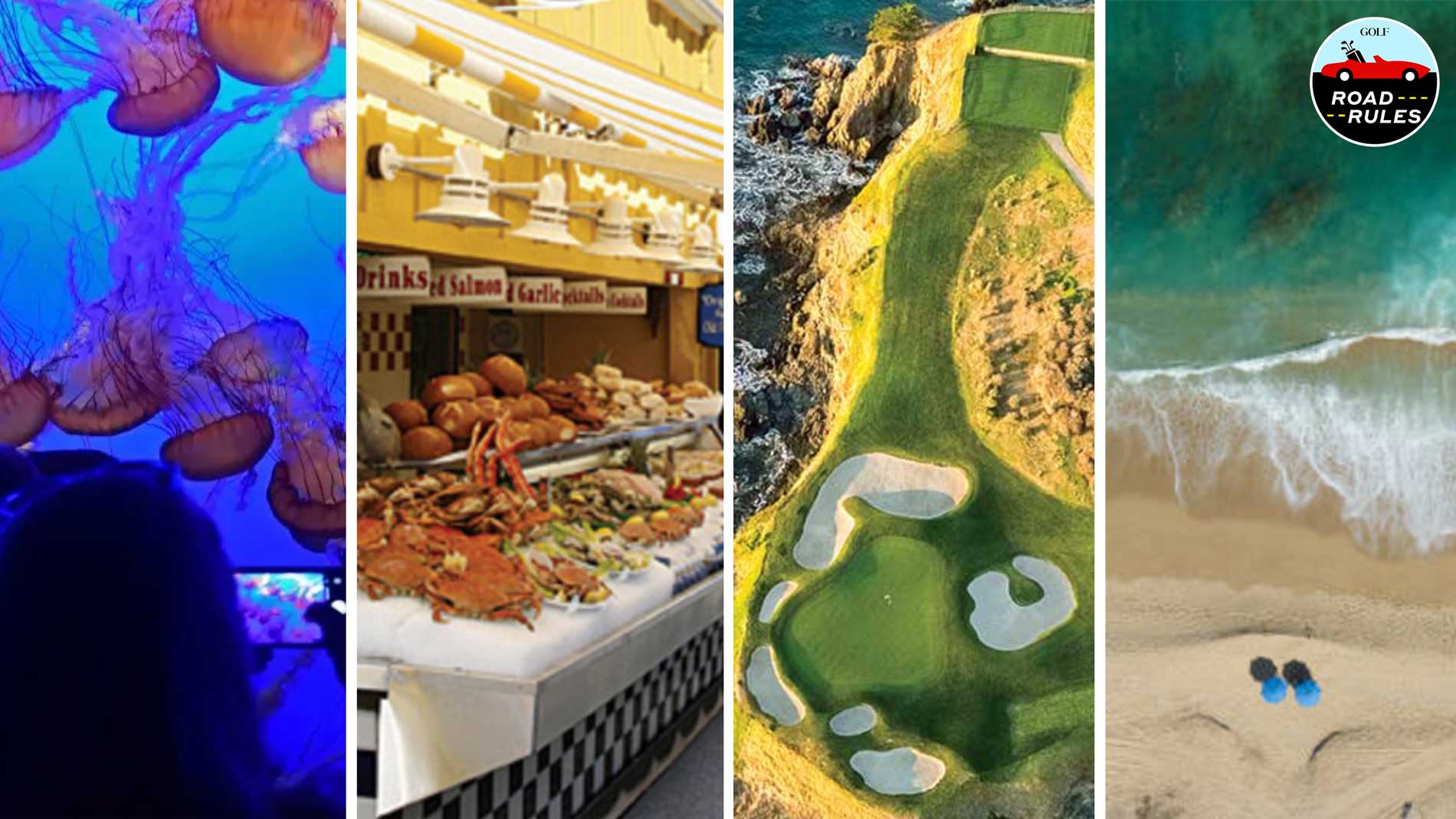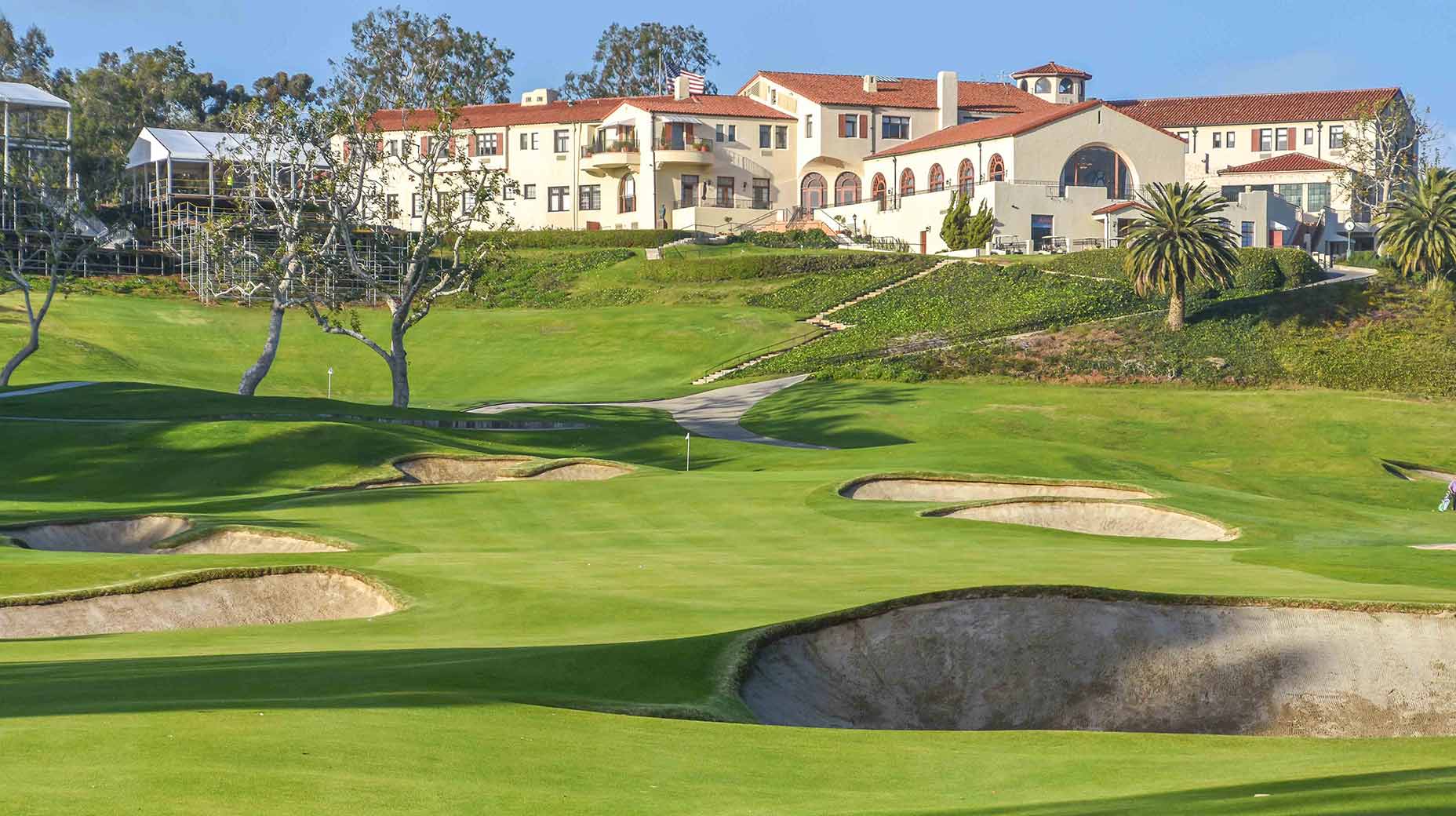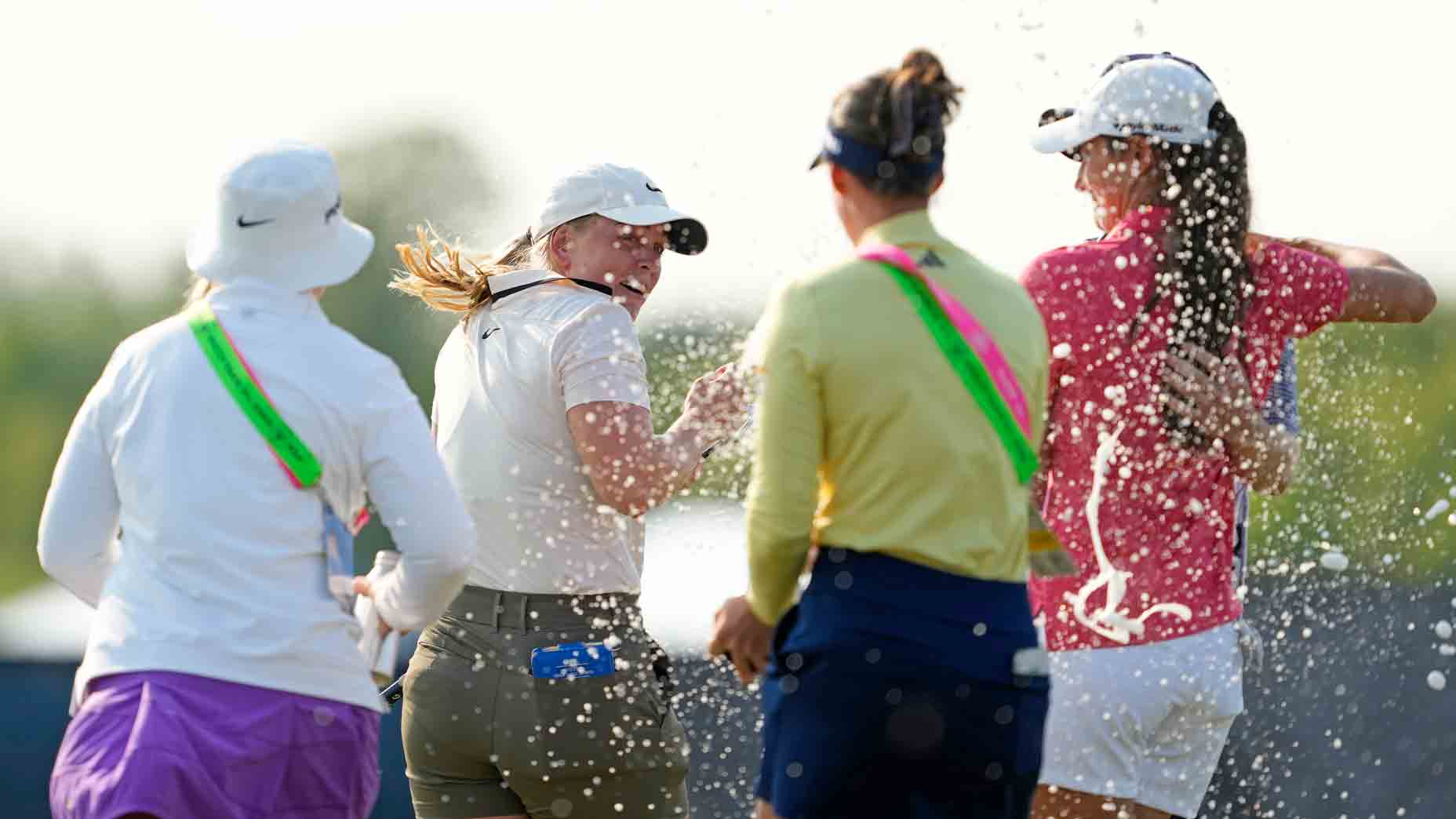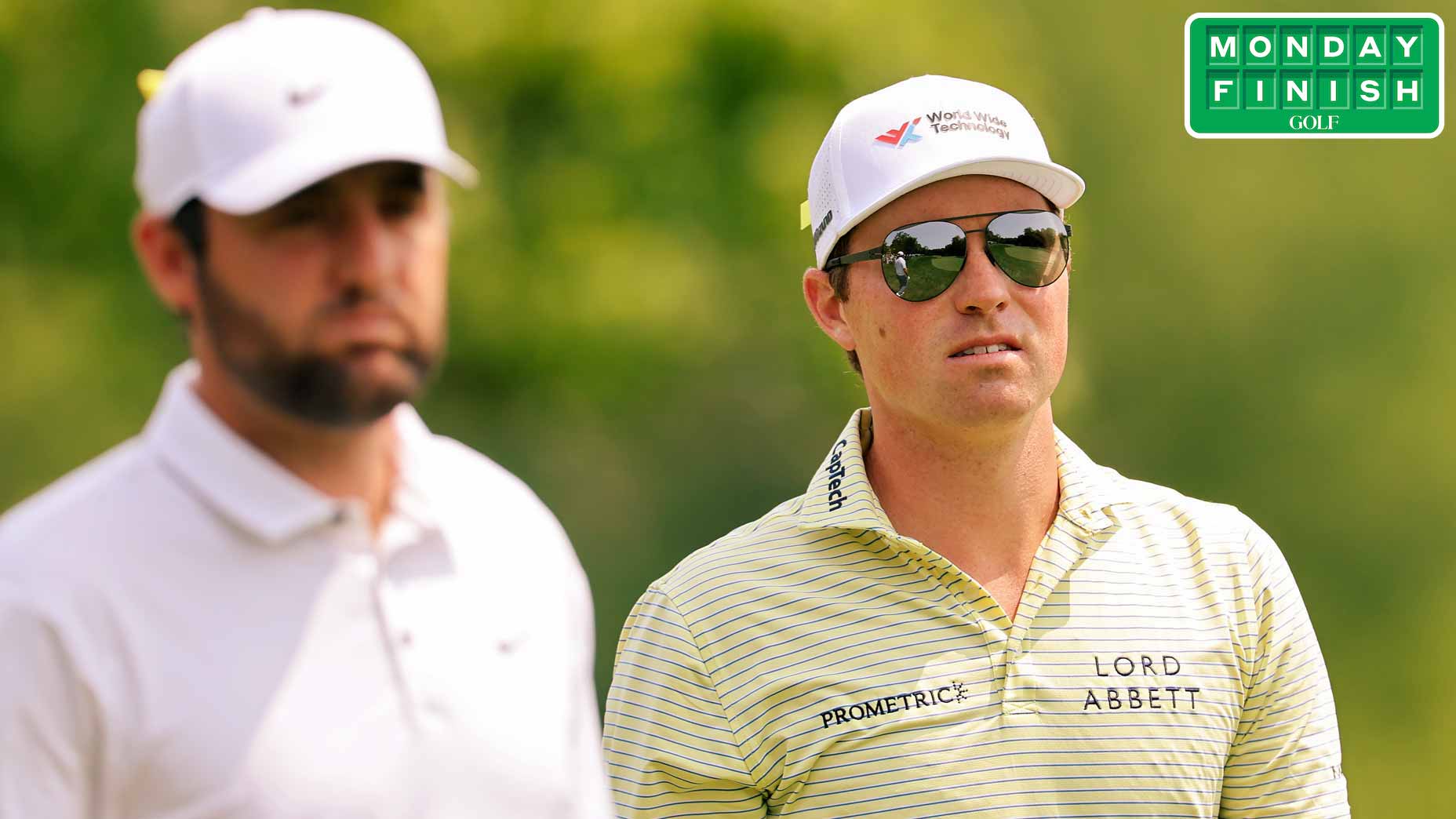PEBBLE BEACH, Calif. — There’s nothing quite like local knowledge, and no participant in this week’s U.S. Women’s Open, at Pebble Beach Golf Links, has more of it than Mina Harigae.
Born and raised in Monterey, Harigae, 33, first played Pebble in middle school and has since logged more rounds on the course than she can count.
“Definitely more than 50 times,” she says. “Probably fewer than 100. But I’ve been out there quite a lot.”
Harigae’s parents still live in the house where she grew up, so it isn’t only golf that brings her back to the area, from her adoptive home in Arizona, and it isn’t only Pebble with which she is familiar.
Because her local knowledge extends beyond the gates of 17-Mile Drive, GOLF.com asked Harigae to don her tour guide cap and point us to her favorite Monterey peninsula haunts, whether they call for clubs or not.
Where to play
Pebble is booked solid this week, alas. But if you’re looking for similarly tiny greens — at a fraction of the greens fee — Harigae recommends another course in the Pebble Beach Company portfolio. Del Monte Golf Course dates to 1897, making it the oldest continuously operating course West of the Mississippi, and a property filled with throwback charms. “It’s not overly long but you have to hit all the shots, and it’s a really nice walk,” Harigae says. “And the greens are so different than what you see at most courses these days.”
A short skip up the road, Monterey Pines Golf Course is even more diminutive than Del Monte, tipping out at just over 5,500 yards. “It’s just so cute!” Harigae says. “It’s fun and accessible and it’s so close to Monterey airport, you look up sometimes and think a plane is going to land on you.” She means that in a good way.
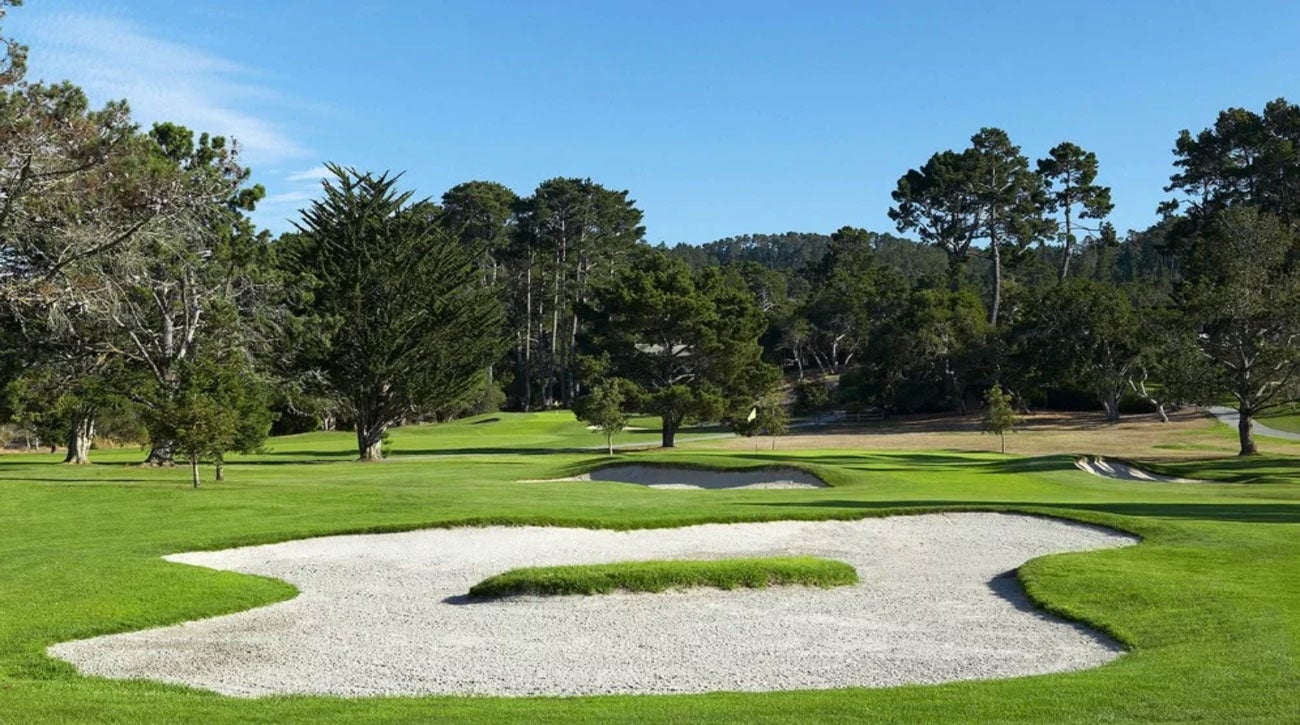
On the brawnier side, Harigae also has a warm spot in her heart for Bayonet and Black Horse, sibling layouts on the former Ford Ord military base. This is where Harigae learned to play. When she was little, both tracks were densely tree-lined and tight in places. “I think that’s the reason I’m a pretty straight hitter,” Harigae says. “On some of those holes, there really wasn’t anywhere to miss.” Both Bayonet and Black Horse have since undergone substantial renovations, with extensive tree removal to open sight lines and water views. “But they’re still really challenging,” Harigae says.
Last but not least, Harigae would be remiss not to mention Quail Lodge, where she won four consecutive California State Amateur titles between 2001-04. The course lies inland, in Carmel Valley, where the misty, coastal air of Monterey often gives way to sunshine and warmer weather. “I would describe it as a California parkland course,” Harigae says. “Some gentle elevation changes, rolling fairways, beautiful views, and they keep it in amazing shape.”
Where to eat
Here, Harigae admits to being biased. Her parents own and operate Takara Sushi, a Japanese restaurant in Pacific Grove. “The sashimi bowls are delicious,” Harigae says, though she’s also partial to her dad’s tamago, a moist, slightly sweet Japanese omelet. For Italian home cooking, Harigae points to one of Takara’s Pacific Grove neighbors, La Mia Cucina, amiable, family-run operation whose menu runs the gamut from Old World staples like eggplant Parmesan and pasta puttanesca to California-inflected dishes like pan-fried sand dabs with mashed potatoes and lemon-butter sauce.
As Harigae sees it, no culinary tour of Monterey is complete without a taste of clam chowder. Tons of places serve it. Her favorite comes from Old Fisherman’s Grotto, a local institution, on Fisherman’s Wharf. You can have your chowder in a sourdough-bread bowl, but Harigae prefers hers in a standard bowl. “Then get the sourdough rolls on the side and dip them in the soup,” she says. “That’s the way to go.”
Parks, beaches and offbeat attractions
Just south of Monterey stretches an embarrassment of natural beauty. It’s hard to beat Big Sur, Harigae says, referring to the rugged coastal stretch where the Santa Lucia Mountains loom over the Pacific. But if you want to do less driving, she suggests a stop at Point Lobos State Natural Reserve, an arresting swatch of protected land and water, eight miles south of Pebble Beach, where foot paths curl along craggy, wind-blown bluffs and waves froth white in rock-fringed coves. Picture Cypress Point, without the golf course.
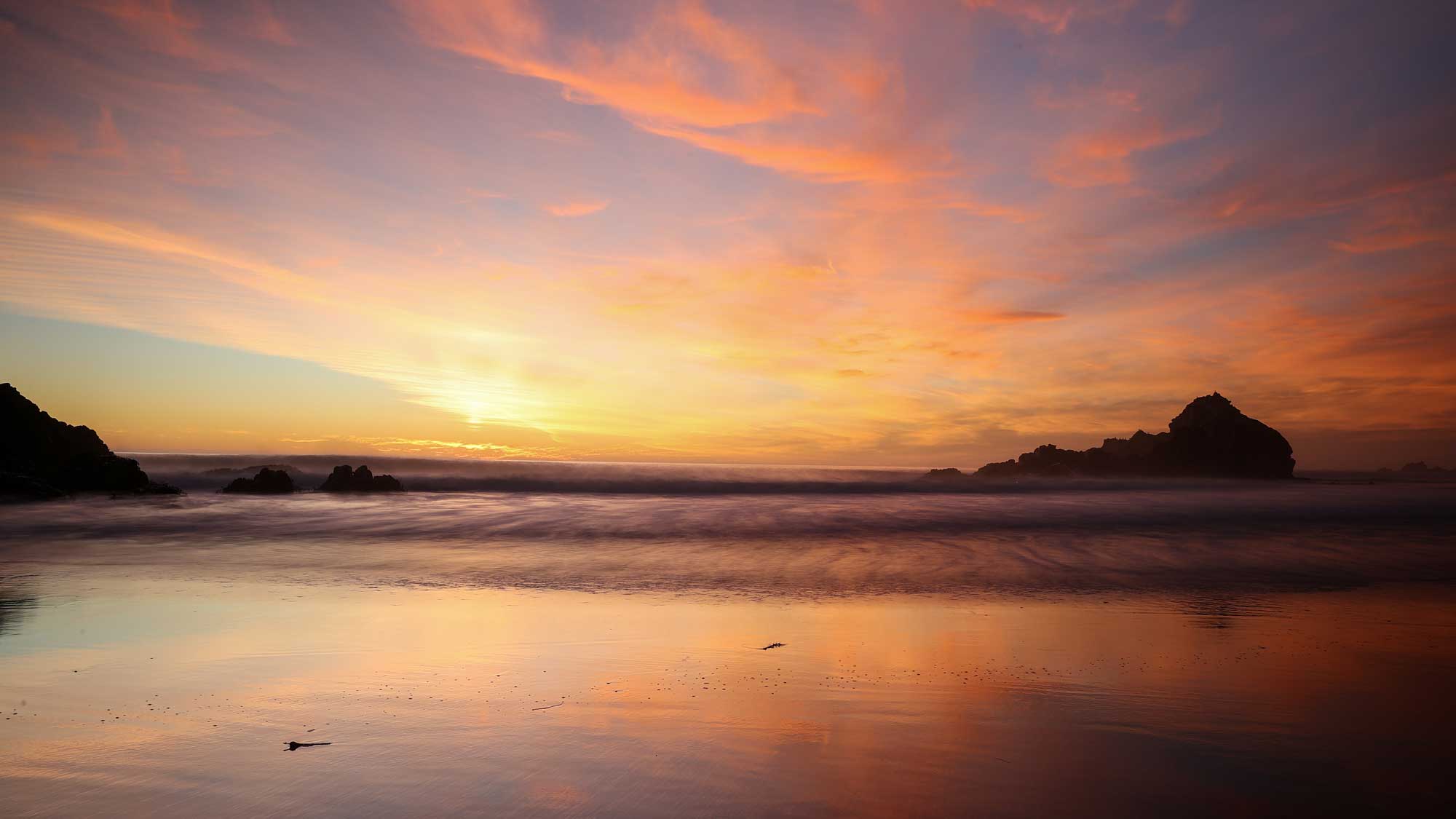
And don’t forget downtown Monterey itself. The Monterey Bay Aquarium is probably the best-known attraction, and with good reason. “I like the sea otters, the giant kelp forest and that big tank where they do the tuna feedings,” she says. But there’s plenty else to do and see.
“People don’t realize how much history there is there,” Harigae says. “And how much that history has been preserved.” You can, she says, for instance, check out the house where Robert Louis Stevenson stayed while he was writing “Treasure Island,” as well as centuries-old adobe dwellings built by early Spanish and Mexican residents.
Before you leave town, Harigae recommends a stroll down Alvarado Street, a bustling commercial strip where Monterey’s past rushes up to meet its present.
“A few of the hotels and buildings down there are said to be haunted, and you can go on ghost tours,” Harigae says.
Not that she would join you.
“That would freak me out,” she says. “I’m way too scared of ghosts.”
The real nerves should kick in for Harigae early Thursday morning. She tees off in her first round at 8:06 a.m.
